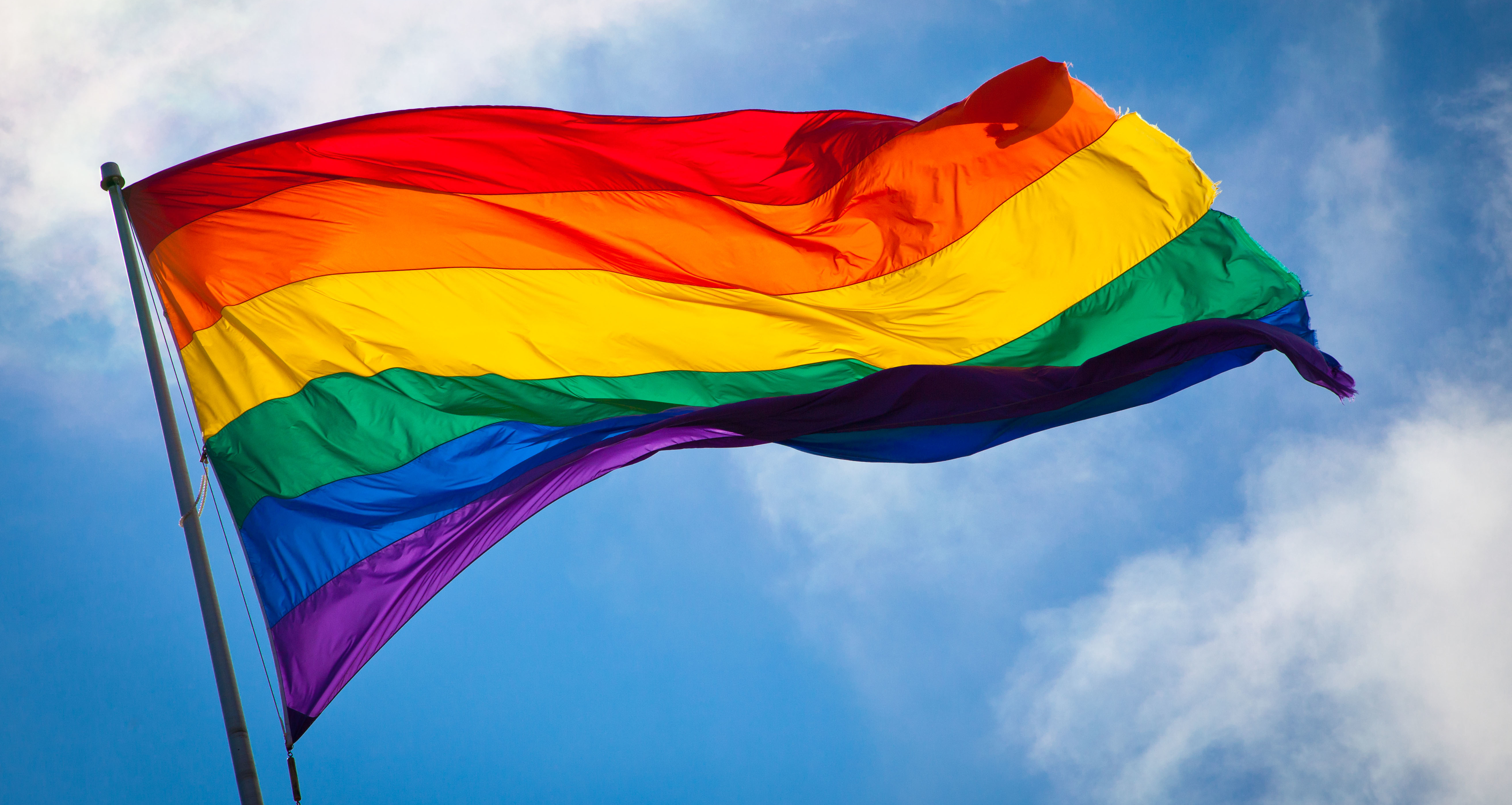Latin America has experienced a wave of pro-LGBT legislation in recent years. Argentina and Uruguay have legalized gay marriage, as have several cities and jurisdictions such as São Paolo and Mexico City. Chile has passed anti-discrimination laws. “Gay cure” clinics have been shut down in Ecuador. Brazil even co-sponsored a groundbreaking 2012 United Nations Human Rights Council resolution that calls for an end to worldwide discrimination on the grounds of sexuality. From Mexico City to Rio, LGBT culture is flourishing and progressively becoming more and more mainstream. In short, if you’re gay in Latin America, things are looking good.
Or at least, that’s what many news outlets keep saying.
Unfortunately, people have gotten too excited about the superficial progress taking place, without paying attention to the things that stay the same. It’s true that some Latin American countries have recently made great strides towards ensuring equality and penalizing discrimination through legislation. But while the political elites in cosmopolitan capitals across the region might seem to be more sympathetic to the plight of the LGBT community, many people still hold on to the ancestral machismo that has for so long defined gender relations in Latin America.
The recent upsurge in violence against LGBT individuals and organizations is an example of the problems that have not abated despite legal and political initiatives. The Organization of American States recently compiled a database recording incidences of homophobic violence in the region. The information that the organization has gathered paints a bleak picture, showing that on average one LGBT-identity-related homicide occurs every day in Latin America.
Why has violence against the LGBT community increased in many countries even as they gain greater legal recognition? Some would say that violence is rising precisely because of the successes the LGBT lobby has had in promoting equal rights policies. As new laws threaten traditionalist views, the purported beneficiaries of these laws are not just attacked for their non-traditional sexual identities and orientations, but also for what conservatives perceive as undue influence in the political process.
Others may find themselves targeted not because of their private sexual preferences, but because of how their public appearance and behavior are seen as a threat to established gender norms. In other words, it may be “okay” to be gay in some countries as long as you keep it in the bedroom, but it’s still socially unacceptable (and even dangerous) to publicly portray identities that cannot be easily put into a gendered box.
The case of Latin American transgender women is a telling example of how non-traditional identities are still attacked and vilified by many in the region. The gender identity of transgender people is only recognized by law in Argentina, while in all other Latin American countries they lack the institutional protection that may come from legal recognition. They also face rejection at many levels of society that limits their access to work, education, healthcare and social networks. Due in part to this lack of opportunities, many transgender individuals are also sex workers. Not only does this perpetuate the social stigma against them, it also contributes to making them the population with the highest prevalence of HIV/AIDS in Latin America, a problem that is seriously compounded due to discrimination against transgender individuals by healthcare providers. In many countries, transgender women account for a sizable percentage or even a majority of LGBT homicide victims.
The regional bias against the LGBT community also makes it hard to document all cases of violence against LGBT individuals. Violence and homicides are often underreported by police forces, either due to disinterest or even outright hostility towards those they are meant to protect. In some cases, the families of homophobic homicide victims choose not to disclose the reason why they were targeted out of shame.
Gay bashing in public discourse is not helping the cause. Even in left-wing countries like Ecuador and Venezuela, leaders often throw around casual pejorative remarks against the gay community. Nicolás Maduro once called another candidate for the Venezuelan presidency a “little princess,” suggesting that he may be a homosexual due to his unmarried status. Leaders like Maduro — and others who make similar comments — often state that they are not homophobic, which calls into question the legitimacy of their concept of equality. Other leaders — such as Paraguay’s Horacio Cartes and Cuba’s Fidel Castro — happily let the world know their views by publicly railing against homosexuality.
What all this shows is that legal advances are just small steps towards full recognition and equality in Latin America. A shift in social and cultural norms is also required, though unfortunately it may take a while for public opinion to catch up with the recent legal progress.
